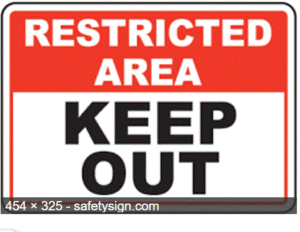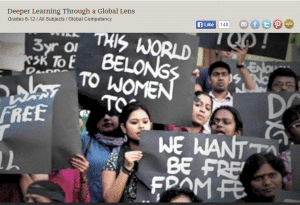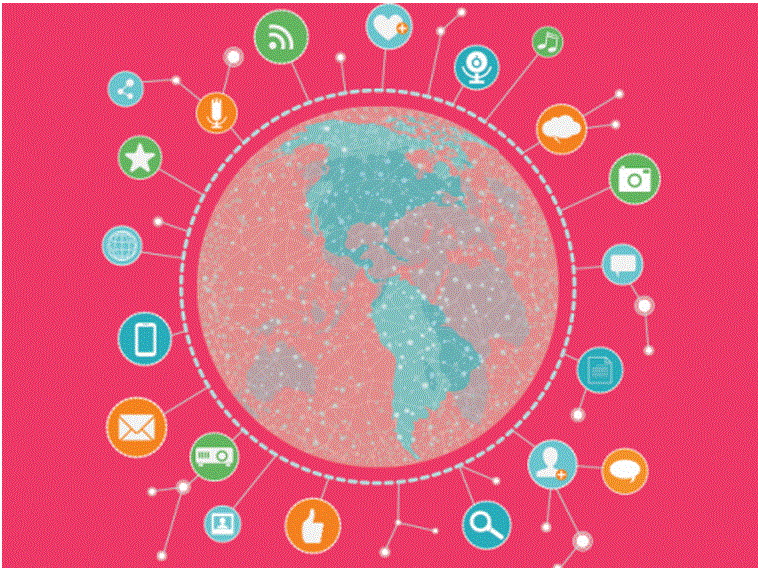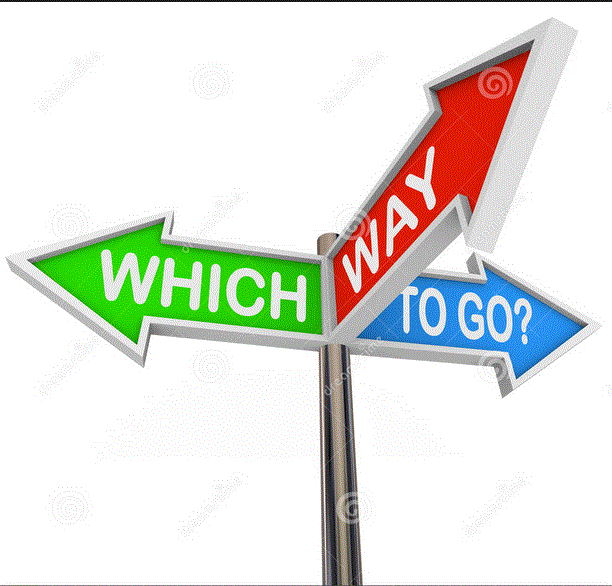Creating global projects got me thinking about the groundwork that should be covered before the connections with strangers can become a viable means to exploring global perspective. Finding global projects to explore the world through experiences that spark curiosity and intercultural opportunities is not difficult. The challenging part is building inter and intrapersonal skills beforehand; the skills to ensure mutual kindness, empathy, and deep learning. If trust and respect are not formed, collaborations are destined to be somewhat superficial and shallow attempts to build global competency. This requires considered preparation. I found a website that is designed to foster meaningful connections among students, by doing just that-attending to the soft skills that are essential for successful global collaboration.
global competence
Welcome to Global Projects
Please excuse my excitement as I share something that I’m proud of.
Welcome to Global Projects

The global economy and technology are transforming the Australian economy and society. The work people do is changing and in order to prosper, skills need to be adapted.
Our workforce is going global and the global workforce is coming to us. Young Australians need global competencies to live and work all over the world in global teams with global clients.
Global Projects help teachers to plan for meaningful deep learning experiences that develop global competencies. They enable the investigation of global events, with many referring to the UN Sustainable Development Goals, answering the call for global citizens who can make a difference in their lives and the lives of others.
Global projects allow teachers to incorporate multiple learning areas, teach the Victorian Capabilities in an authentic context and provide opportunities for students to have agency over their learning.
These projects have been sourced from across the globe and will shortly be published with alignment to the Victorian Curriculum. The work has been done for you. Keep a watch out!
For more information about Global Projects and the implementation in your classroom
contact marilyn@bethinkglobal.com.au
Error: Contact form not found.
Bethink Global brings global issues to the curriculum in an exciting and positive call for globally competent learners
Me, me, me
The recent call for hunkering down, closing borders, keeping out the other is contrary to the global citizen’s position on collaboration, understanding the other and how to disagree with another person’s view. In a world of over 7 billion people the requirement to establish a harmonious and workable relationship with the other at a time of extreme stress on world resources is paramount to well being, productivity, and even survival. From a global perspective this is about interconnection, interpersonal and intrapersonal skills, empathy, the value of diversity and peaceful outcomes to conflicting ideas.
Cop that!
The Budgie nine are free to think about their behaviour whilst in Malaysia.
The men issued an apology when they appeared in a Malaysian court, saying they had “no idea” their conduct would be considered inappropriate.
issued an apology when they appeared in a Malaysian court, saying they had “no idea” their conduct would be considered inappropriate.
Upon return a spokesperson, one of the nine urged Australians to be sensitive to the cultures of other countries and then asked for privacy. I see the funny side-men who want to strip down to their underwear in public now wanting privacy.
It’s hard to believe that nine, not two or three grown men, some at least with tertiary education and including a staffer of Australian Defence Industry Minister, Christopher Pyne, should agree to such behaviour in a country with a majority of people of Muslim faith. Or didn’t they know that fact.
Lesson here? How do we avoid the diplomatic time, money and embarrassment when Aussies still commit ‘I didn’t know that we would be offending them” behaviour?
I agree with and stand committed to the inclusion of intercultural understanding as a capability in the Australian curriculum. However, it begs the question, “How many of our educators are culturally aware and know how to impart intercultural understanding in their programs? Has the provision of face to face support been made available to schools to facilitate this?
Sadly, the answer leaves us pondering when will the Australian Government next have to apologise for or bail out Aussies arraigned with indecency charges through lack of cultural education, lack of judgment or both?
7 factors that influence globally minded teachers
You’ll be surprised!
Those teachers who implement wide ranging global programmes are not influenced by their formal teaching programmes and curriculum influences but rather by these factors
- Family
- Exposure to diversity
- Minority status
- Global education course
- Intensive travel
- Having a mentor
- Professional service
Bethink Global offers a deeper understanding of global education through professional learning and is a support system in the amplification of teachers’ global perspective.
How to build deeper learning
What does it mean to educate learners for life and work in the global innovative age?
What is meant by global competencies?
What are some ways learners develop perspective and empathy?
The video at https://www.teachingchannel.org/videos/building-global-citizens-asis goes a long way to answering these questions.
Learning that is student centred, project based and authentic is the focus of a series of videos by the Asia Society.
I came across the Asia Society as part of my interest in global learning. It is a leading educational organization dedicated to promoting mutual understanding and strengthening partnerships among peoples, leaders and institutions of Asia and the United States in a global context. Asia Link, which is Australia’s leading centre for the promotion of public understanding of the countries of Asia and of Australia’s role in the region, is the key provider of information, training and professional networks. The Asia Society Center (sic) for Global Education and the Asia Education Foundation are the respective education arms of these two organisations.
http://asiasociety.org/
http://asiasociety.org/education/center-global-education
http://asialink.unimelb.edu.au/
http://www.asiaeducation.edu.au/
See also my blog post “How to Build Global Competence” http://bethinkglobal.com.au/global-competence-building-part-1/
“What do you want to be when you grow up?”

With all due respect to the dancing dolls in Anaheim, it really isn’t a small world. It is a complex, multifaceted, diverse, and complicated world. Continue reading
GLOBAL COMPETENCE BUILDING part 2
Global competence is the capacity and disposition to understand and act on issues of global significance.
Globally competent students must have the knowledge and skills to:
Investigate the World
Global competence starts by being aware, curious, and interested in learning about the world and how it works. Globally competent students ask and explore critical questions and “researchable” problems—problems for which there may not be one right answer, but can be systematically engaged intellectually and emotionally. Their questions are globally significant, questions that address important phenomena and events that are relevant world wide – in their own community and in communities across the globe.
Globally competent students can articulate the significance of their questions and know how to respond to these questions by identifying, collecting, and analyzing credible information from a variety of local, national and international sources, including those in multiple languages. They can connect the local to the global, for example, by explaining how a local issue like their school recycling program exemplifies a global process far beyond their backyards.
From analysis to synthesis to evaluation, they can weigh and integrate evidence to create a coherent response that considers multiple perspectives and draws defensible conclusions—be it an essay, a problem or design solution, a scientific explanation or a work of art.
Also Global Competency Building part 1
http://asiasociety.org/about
GLOBAL COMPETENCE BUILDING part 1
Global Education-what IS it?
Global education is a concept with a diverse number of understandings. Even the term ‘global education’ has different viewing platforms from global learning to global competencies from global citizenship to education for sustainable development. Continue reading





